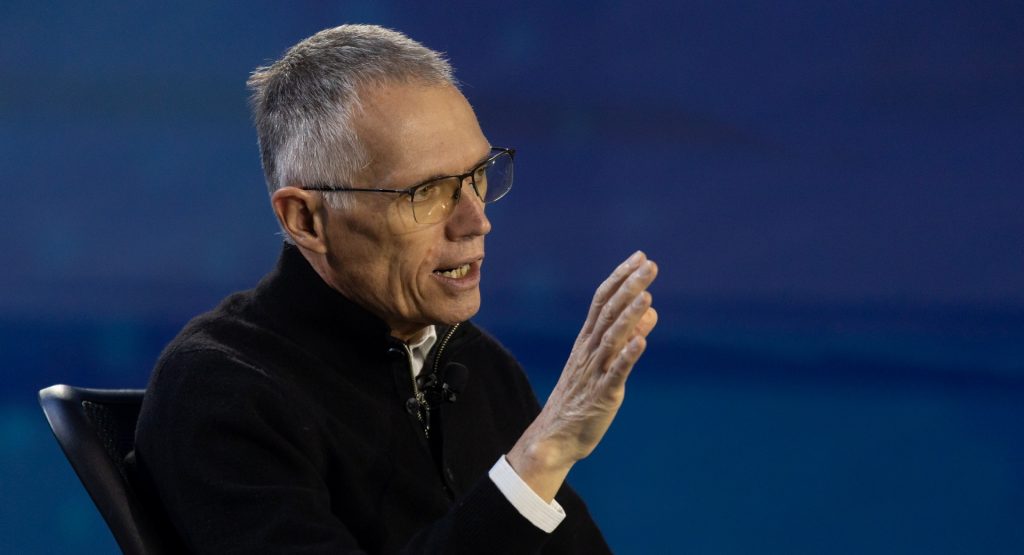After leaving the European Automobile Manufacturers’ Association (ACEA) — a European automaker lobbying group — last year, Stellantis has just announced they will be stopping all lobbying efforts from Europe altogether.
As reported by Automotive News Europe, the decision was made by CEO Carlos Tavares as a way to be more proactive than reactive in terms of future mobility strategies. “We no longer have lobbyists. We do not negotiate anymore,” Tavares says. “We can no longer wait for governments to make decisions — we have to run faster than regulation.”
See Also: Stellantis’ Free2move To Bring Car-Sharing, Rentals, And Subscriptions To U.S. Dealers

As emissions regulations tighten even more so than they already have been, it’s no longer an option for some automakers to sit idly by and wait for the legislators to dictate their plans for the future. Rather, they have to take charge and predict the industry trends, otherwise, they run the risk of falling behind. In the case of Stellantis, rather than attempting to make cleaner vehicles with their existing forms of propulsion, Tavares believes the industry’s (and his company’s) best bet for a clean future is simply electric vehicles.
“There are, in my view, two ways of looking at the world to solve the CO2 problems: There is a pragmatic view and a dogmatic view” says Tavares. “The pragmatic view tries to reduce CO2 levels as broadly and effectively as possible through a clever mix of propulsion technologies. The dogmatic view believes that this goal can only be achieved with battery-electric vehicles.”
Read More: Stellantis Forcing UK Buyers To Pay For Cars Stuck In Ports

This approach, while not necessarily the most idealistic one, addresses the challenges directly in front of the industry, especially with places like the EU implementing outright bans on new internal combustion vehicle sales by 2035. To Tavares’ original point, though, he notes that this ban still fails to regulate a large population of vehicles: used cars, which are only becoming more prevalent as inflation and dealer markups tarnish the new car sales market.



